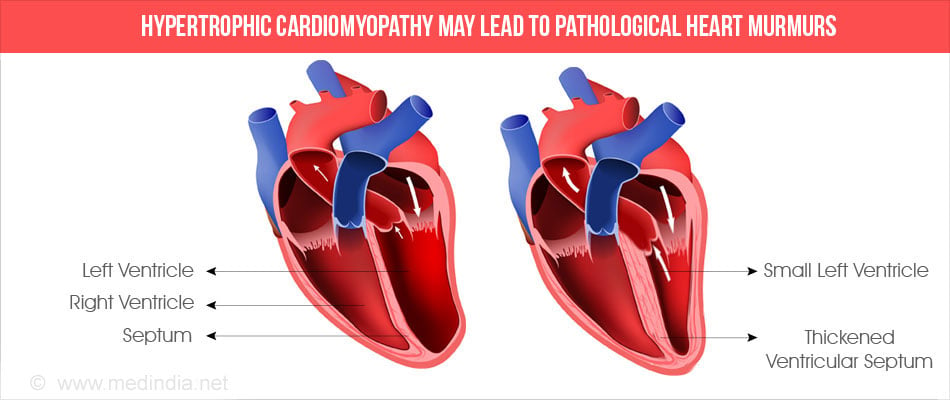Heart Murmurs Treatment

Heart murmurs are unusual sounds heard during a heartbeat, often described as whooshing or swishing noises, caused by turbulent blood flow in or near the heart. They can be innocent (harmless) or abnormal, indicating an underlying heart condition.
Types of Heart Murmurs:
Innocent (Physiologic) Murmurs:
- Characteristics: Common in children and often found during routine check-ups.
- Causes: Rapid blood flow through the heart due to physical activity, fever, pregnancy, or growth spurts in children.
- Treatment: Typically require no treatment and do not indicate heart problems.
Abnormal (Pathologic) Murmurs:
- Characteristics: May indicate heart issues and are often accompanied by other symptoms.
- Causes:
- Congenital Heart Defects: Structural problems present at birth, such as holes in the heart (septal defects) or abnormal heart valves.
- Acquired Heart Valve Disease: Conditions affecting the heart valves, such as stenosis (narrowing) or regurgitation (leakage).
- Other Conditions: Infections (endocarditis), rheumatic fever, or cardiomyopathy.
Symptoms:
- Innocent murmurs usually have no symptoms.
- Abnormal murmurs may be associated with:
- Shortness of breath
- Chest pain
- Fatigue
- Dizziness or fainting
- Swelling in the legs, ankles, or abdomen
- Cyanosis (bluish tint to the skin, lips, or fingernails)
Diagnosis:
- Physical Examination: Using a stethoscope to listen for heart sounds.
- Echocardiogram: Ultrasound imaging to visualize heart structure and function.
- Electrocardiogram (ECG): Measuring electrical activity of the heart.
- Chest X-ray: Checking heart size and condition.
- Cardiac Catheterization: Invasive procedure to examine heart and blood vessels.
Treatment:
- Innocent Murmurs: No treatment needed.
- Abnormal Murmurs: Treatment depends on the underlying cause and may include:
- Medications: To manage symptoms or treat underlying conditions (e.g., diuretics, beta-blockers, or ACE inhibitors).
- Surgery: To repair or replace faulty heart valves or correct congenital heart defects.
- Lifestyle Changes: Heart-healthy diet, regular exercise, and avoiding smoking.
Monitoring and Follow-Up:
- Regular check-ups with a healthcare provider to monitor heart health and manage any underlying conditions.
Heart murmurs can range from harmless to indicative of serious heart problems. Proper diagnosis and treatment are essential for managing any potential underlying conditions and ensuring overall heart health.
